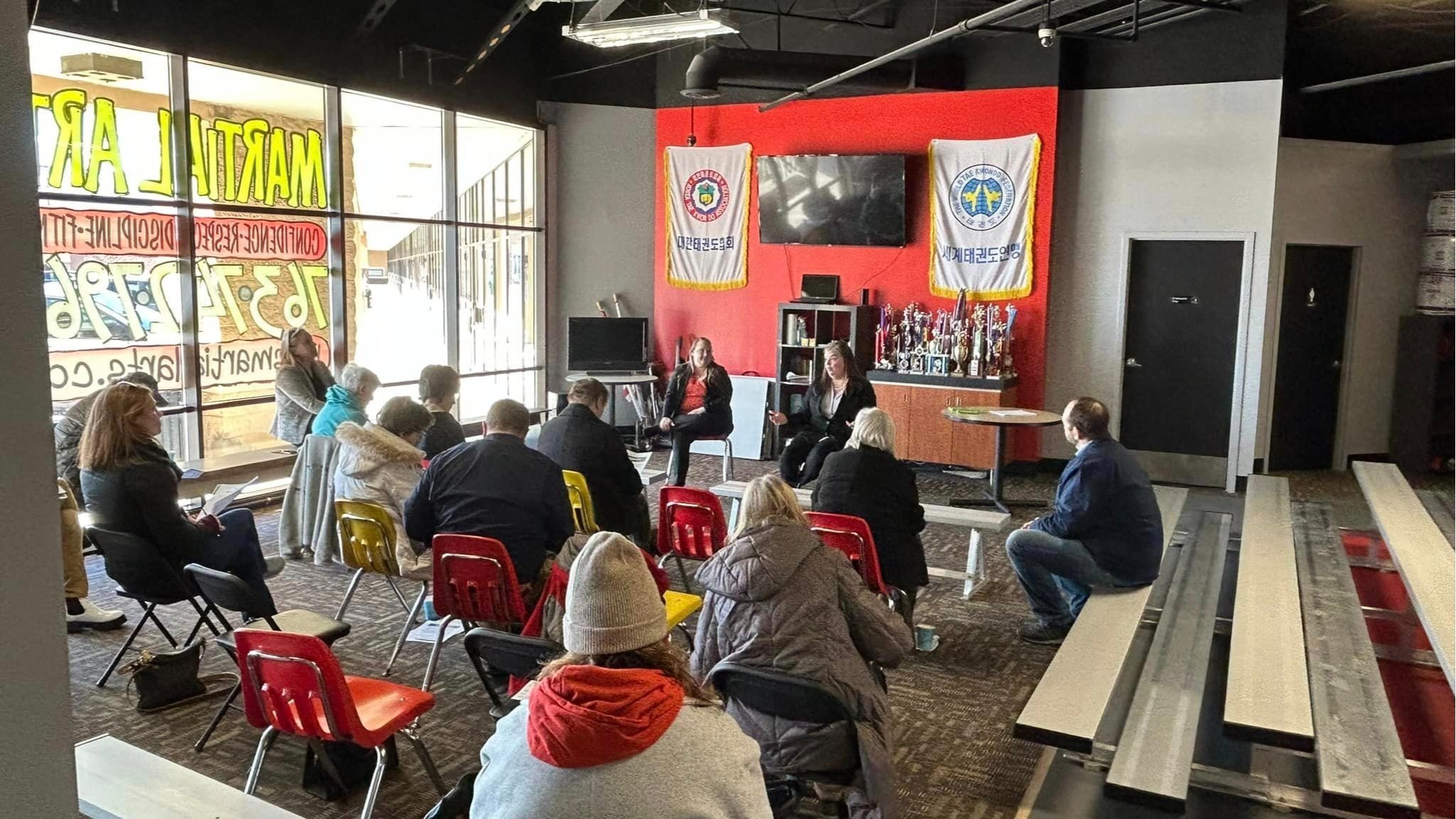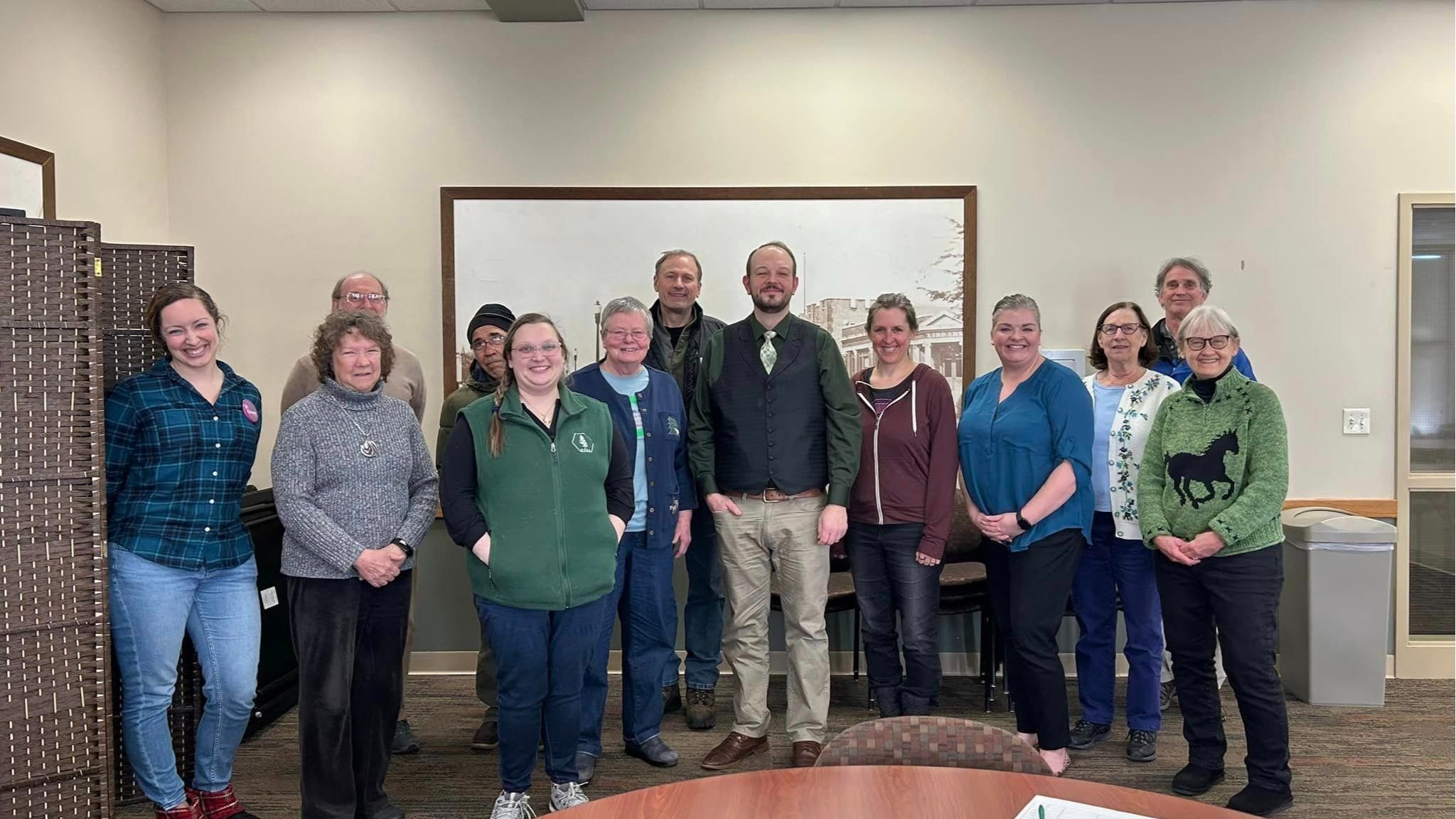Community Mini-Grant Spotlight: Clean Water Action Minnesota
Minneapolis, MN
Working to increase awareness about PFAS in rural Minnesota
Each month, we spotlight one of GLPAN’s 2023 Community Mini-Grants Program awardees and provide an update on how their work is moving the needle to address the toxic PFAS crisis in Michigan and across the Great Lakes.
This month, we are shining the spotlight on Clean Water Action Minnesota, a state affiliate of the nationwide Clean Water Action organization. Since 1982, Clean Water Action Minnesota has worked to ensure clean, safe drinking water, healthy lakes, rivers, and streams, accessible water recreation, and sustainable water use by farmers across the state. We spoke with Clean Water Action State Director Avonna Starck about how GLPAN Mini-Grant funding is supporting the organization’s work to raise awareness and educate rural Minnesotan communities, farmers, and private well owners about the impact and dangers of toxic PFAS chemicals to bridge an information gap in the state and catalyze action to address PFAS in agriculture.
Minnesota has been a national leader when it comes to addressing toxic PFAS as the crisis has gained more attention in recent years. In 2023, Minnesota joined Maine as just the second state in the country to pass a sweeping ban on the use of PFAS in a wide array of household, consumer, and industrial products. The legislation – known as Amara’s Law after Amara Strande, a high school student from Oakdale, MN, who tragically passed away from a rare form of liver cancer thought to be caused by toxic PFAS exposure and was a passionate advocate for PFAS prevention – banned nonessential uses of PFAS in cookware, hygiene products, firefighting foam, and more.
Amara Strande speaking at a press conference.
Despite Amara’s Law establishing the state as a national leader in PFAS prevention, the issue of PFAS is still a complicated one in Minnesota. The homegrown chemical company 3M – one of the first manufacturers of PFAS – has long been known to be the state’s primary PFAS polluter. However, as Avonna says, many Minnesotans are still reluctant to blame the company for contaminated water and dire health consequences because of their connection to the company over multiple generations. Additionally, PFAS is widely viewed as an urban-centric issue despite the dangerous class of “forever chemicals” posing threats to rural communities as well – and a broad information gap has been created resulting in rural Minnesotans being unaware of the dangers PFAS poses to their water, farms, and health.
“Many communities see PFAS as a problem unique to major cities and metropolitan areas, but we know that this isn’t the case. The sources of PFAS and toxic contamination for rural communities and farms center around the use of sludge or manure in agriculture, which needs to be regulated but won’t if it’s not recognized as a threat in the same way we think about firefighting foam or other sources. That’s why it is so important to have conversations in rural communities and get our farmers on board.” – Avonna Starck, state director of Clean Water Action Minnesota
Minnesota’s political parties are unique – instead of a traditional Democratic party, the state has the Democrat Farmer Labor Party (DFL), which means that the farming community must be on board with state policy for it to be able to move through the legislation. That’s why Clean Water Action Minnesota is focused on engaging rural Minnesota communities and educating people about the dangers and impacts of PFAS contamination, as well as what can be done to address the problem.
A photo from one of the PFAS town hall events in Coon Rapids, MN.
With the help of GLPAN Mini-Grant funding, the organization is executing town hall events and Healthy Homes presentations in rural communities across Minnesota. These events and presentations are focused on providing facts and information about PFAS, increasing awareness, and providing positive next steps for impacted communities. At each event, Avonna and her team provide resources for private well owners and coalition partners to allow different entities to be experts on what are the best solutions for them based on their expertise.
Another group photo from a PFAS education event in St. Peter, MN.
The response to Clean Water Action Minnesota’s rural town hall and presentation campaign has been positive and is moving the needle on PFAS awareness across the state. The events have had good turnouts, with community members asking questions and taking notes. People want answers, and the prospect of PFAS contamination and its impacts – having to pay for new private wells, the loss of crops or livestock, and more – has catalyzed fear, but Clean Water Action is focused on moving forward with positivity.
We look forward to seeing how their work continues to help close the information gap for rural Minnesotans, build trust, and inspire action throughout the rest of the year!




